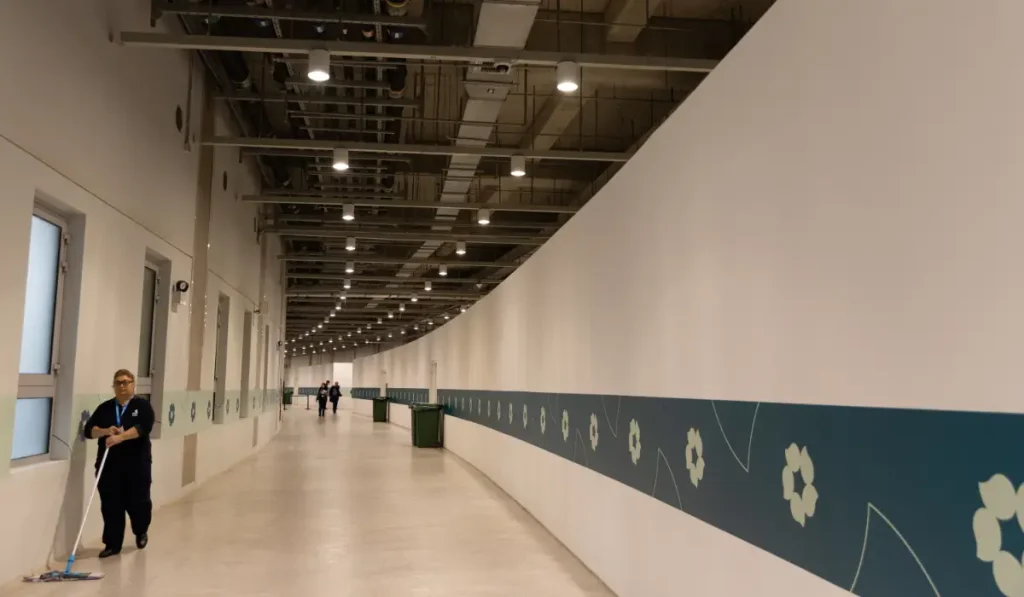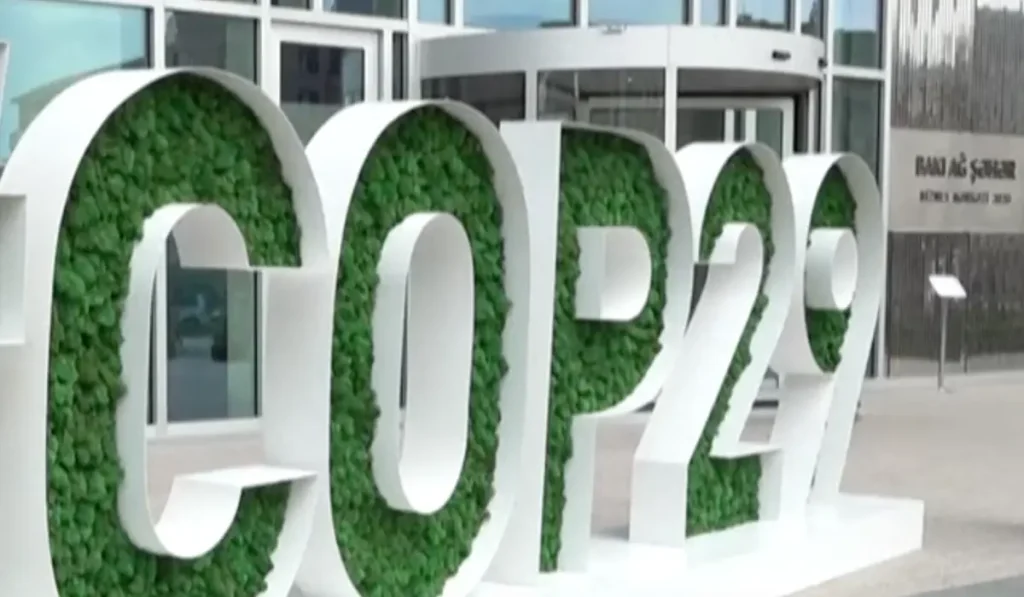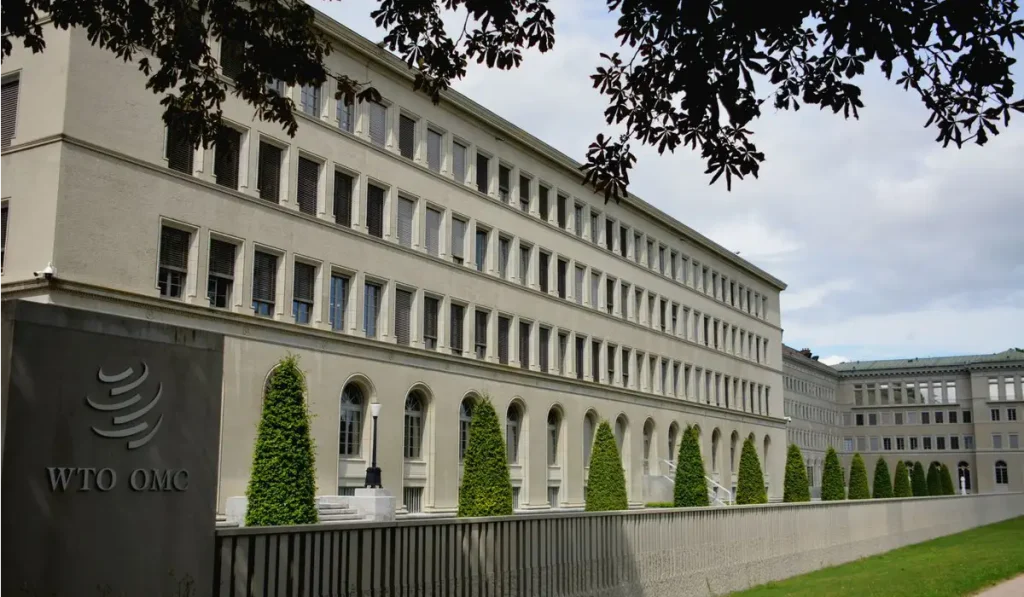On 8 March 2023, the US Energy Secretary Jennifer Granholm stated that the Biden administration makes no apologies for the country’s Inflation Reduction Act (IRA) that seeks to shore up green technologies and supply chains through various financial incentives. Instead Granholm challenged the EU to follow suit by providing more subsidies of their own. Her advice was “we don’t want to stoke trade wars or anything like that… We keep saying ‘have at it – you should do the same thing’ – a little friendly competition is all.” Granholm also announced US$6 billion in funding to speed decarbonisation projects in steel, aluminium and cement making under the US Industrial Demonstrations Programme.
European energy companies, such as Spanish Repsol SA, and French TotalEnergies, have called on the EU to come up with similar incentives, that were as simple and accessible as they were in the US, arguing that these made the US an “investment magnet”. Although appealing to the clean tech industry, the IRA has raised a few eyebrows with the US’s trading partners, particularly in relation to vehicle manufacturing. Japan and the EU called the US financial support for local electric vehicle manufacturers “discriminatory” and demanded equal treatment for the nation’s car makers, and South Korea has also expressed concern.
A few days prior to Granholm’s statement, EU Commission President Ursula von der Leyen emphasised that she was determined to counter challenges from U.S. subsidies for green technologies and to accelerate the finalisation of a currently blocked legislation that seeks to phase out combustion engines from 2035. Germany is currently opposing the law, together with Italy, Poland, Bulgaria and the Czech Republic, in search of a proviso that would allow cars running on e-fuels, however France has stated it intends to ensure the law’s successful passage. France stands behind its national state subsidy programs for electric vehicles as well as EU’s efforts to spend billions to create a home-grown battery cell industry. As we have reported previously, the EU plans to implement its equivalent of the IRA, in the form of a Green Deal Industrial Plan, duly supported by a proposed Net-Zero Industry Act to underpin industrial manufacturing of key technologies in the EU.
As this plays out, the International Monetary Fund (IMF) has warned that a “slide into protectionism” will make it even harder for poorer countries to gain access to low carbon technologies. In a blog by IMF chair, Kristalina Georgieva, she wrote that there are “signs of progress, as major economies realign their fiscal frameworks to accelerate the green transition” but that “policies should stay focused on that transition—rather than providing a competitive advantage to domestic firms.” Instead she advocated for policies to be carefully designed to avoid trade tensions and to make sure that technologies are shared with developing countries. In a report by Climate Home, Fabby Tumiwa, the head of the Indonesian think-tank Institute for Essential Services Reform, emphasised that developing countries “have very limited capacity” to compete with rich countries’ incentives and subsidies. Their only real option is to limit the export of raw materials for those technologies and support domestic manufacturing. An African example of this would be Zimbabwe’s lithium export ban. To avoid a slide into reactionary measures and to ensure that the decarbonisation race doesn’t undermine African just transitions, there is a need for mutually beneficial trade agreements that mainstream sustainability and climate considerations. For example the EU currently has agreements with a host of bilateral partners on Trade and Sustainable Development, including Columbia, Peru, Ecuador and Vietnam as well as pending agreements with the South American trade bloc Mercosur, Mexico and Indonesia.






